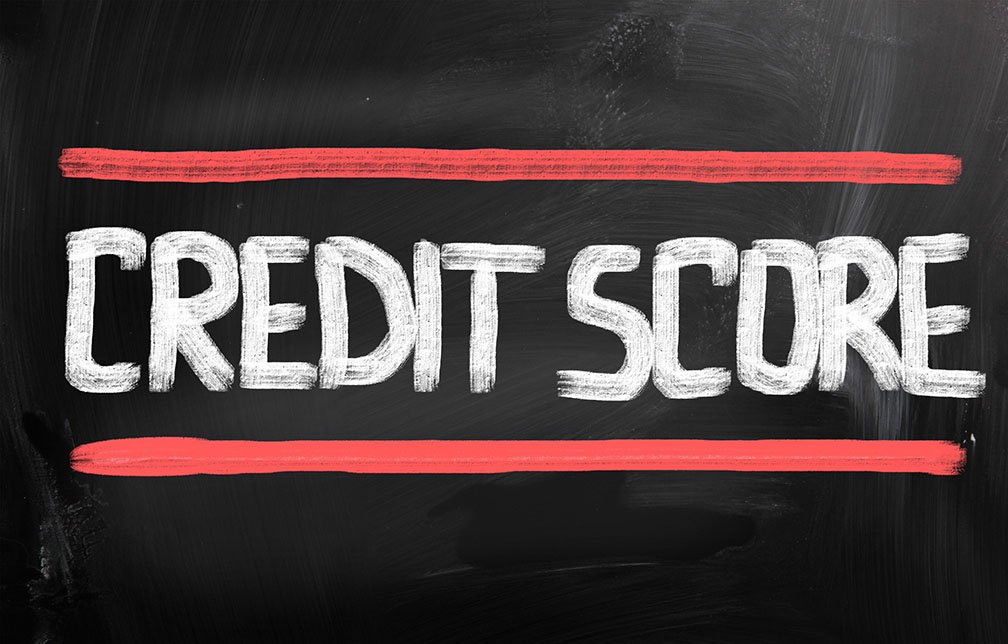 Many people all over the world are dealing with issues involving debt or poor credit history, but most aren’t necessarily aware of what exactly makes up their credit score. Unfortunately, it might seem like it’s the big stuff that counts when it comes to credit, but little things can have a significant impact on your financial health. If you’re looking to improve your understanding and your finances, here’s what you need to know about small mistakes and your FICO score.
Many people all over the world are dealing with issues involving debt or poor credit history, but most aren’t necessarily aware of what exactly makes up their credit score. Unfortunately, it might seem like it’s the big stuff that counts when it comes to credit, but little things can have a significant impact on your financial health. If you’re looking to improve your understanding and your finances, here’s what you need to know about small mistakes and your FICO score.
Making Late Payments
The due date on your bills might seem like an advisory, but whether we’re talking about a student loan, a credit card payment or your telephone bill, late payments can add up. Your payment history constitutes 35% of your total FICO score, which means that even a couple of late payments can have a marked impact on your overall credit. Instead of leaving this to chance, set aside a day each month before your bills are due to ensure they’re all paid off.
Applying For New Credit
It’s often the case that a store will offer special deals if you sign up for their own in-house credit card, but this can cost you big since the amounts you owe make up 30% of your credit score. Also, because lenders will often assume that you’ve run out of credit if you apply for a new card, applying for new credit can be a red mark against your FICO score. It’s also important to realize that closing off an old, unused credit card can actually bump up your balance so you may want to keep them active temporarily.
Forgetting Credit Altogether
It might seem like the best possible option for avoiding credit issues is to avoid using credit altogether, but your credit history constitutes 15% of your FICO score. This means that you should have at least one credit card in your possession so that you can use it to build a history of lending success. While you won’t want to use more than 30% of your credit limit, it’s important to show proven experience in paying back your lenders.
Many people think that bad credit is the result of overspending and huge debt amounts, but your FICO score is largely determined by your payment history and your available credit. If you’re trying to improve your financial outlook in preparation for buying a home, contact one of our mortgage professionals for more information.

 Whether you’ve just finished school or are about to start a family, investing in a home can be one of the biggest financial decisions of your life. But as you’ll soon discover, there are a number of considerations you’ll need to make. It can be difficult to know whether to get a short-term or long-term mortgage, or how long of an amortization period you’ll need. Read on below for three questions that will help you to make your decision, as now is the best time to dive into the market.
Whether you’ve just finished school or are about to start a family, investing in a home can be one of the biggest financial decisions of your life. But as you’ll soon discover, there are a number of considerations you’ll need to make. It can be difficult to know whether to get a short-term or long-term mortgage, or how long of an amortization period you’ll need. Read on below for three questions that will help you to make your decision, as now is the best time to dive into the market. When investing in a home, one of the most important things is buying a place that you and your family can feel comfortable in. However, while a place you can envision yourself in is important, it’s not worth neglecting the neighborhood you’ll be moving into for the perfect home. If you’re wondering what you should be looking for in the neighborhood you choose, here are a few things to consider before making an offer on a home.
When investing in a home, one of the most important things is buying a place that you and your family can feel comfortable in. However, while a place you can envision yourself in is important, it’s not worth neglecting the neighborhood you’ll be moving into for the perfect home. If you’re wondering what you should be looking for in the neighborhood you choose, here are a few things to consider before making an offer on a home. Last week’s economic reports suggested that demand for homes is rising despite a jump in mortgage rates and rising home prices fueled by low inventories of homes for sale. Demand for homes rose by 1.40 percent as interest rates jumped after the 10-year Treasury rate rose by 10 basis points.
Last week’s economic reports suggested that demand for homes is rising despite a jump in mortgage rates and rising home prices fueled by low inventories of homes for sale. Demand for homes rose by 1.40 percent as interest rates jumped after the 10-year Treasury rate rose by 10 basis points. Tesla may have become the famous brand it is for the creation of the electric car in 2008, but it has since burgeoned into a company that has diverse ambitions for how we utilize energy. Recently, Tesla has moved into the business of solar roof panels, which have become a hot commodity on the market with their green ethos and energy savings. If you’re curious about solar power and want to know the details on this product, here are some things to consider before buying in.
Tesla may have become the famous brand it is for the creation of the electric car in 2008, but it has since burgeoned into a company that has diverse ambitions for how we utilize energy. Recently, Tesla has moved into the business of solar roof panels, which have become a hot commodity on the market with their green ethos and energy savings. If you’re curious about solar power and want to know the details on this product, here are some things to consider before buying in.